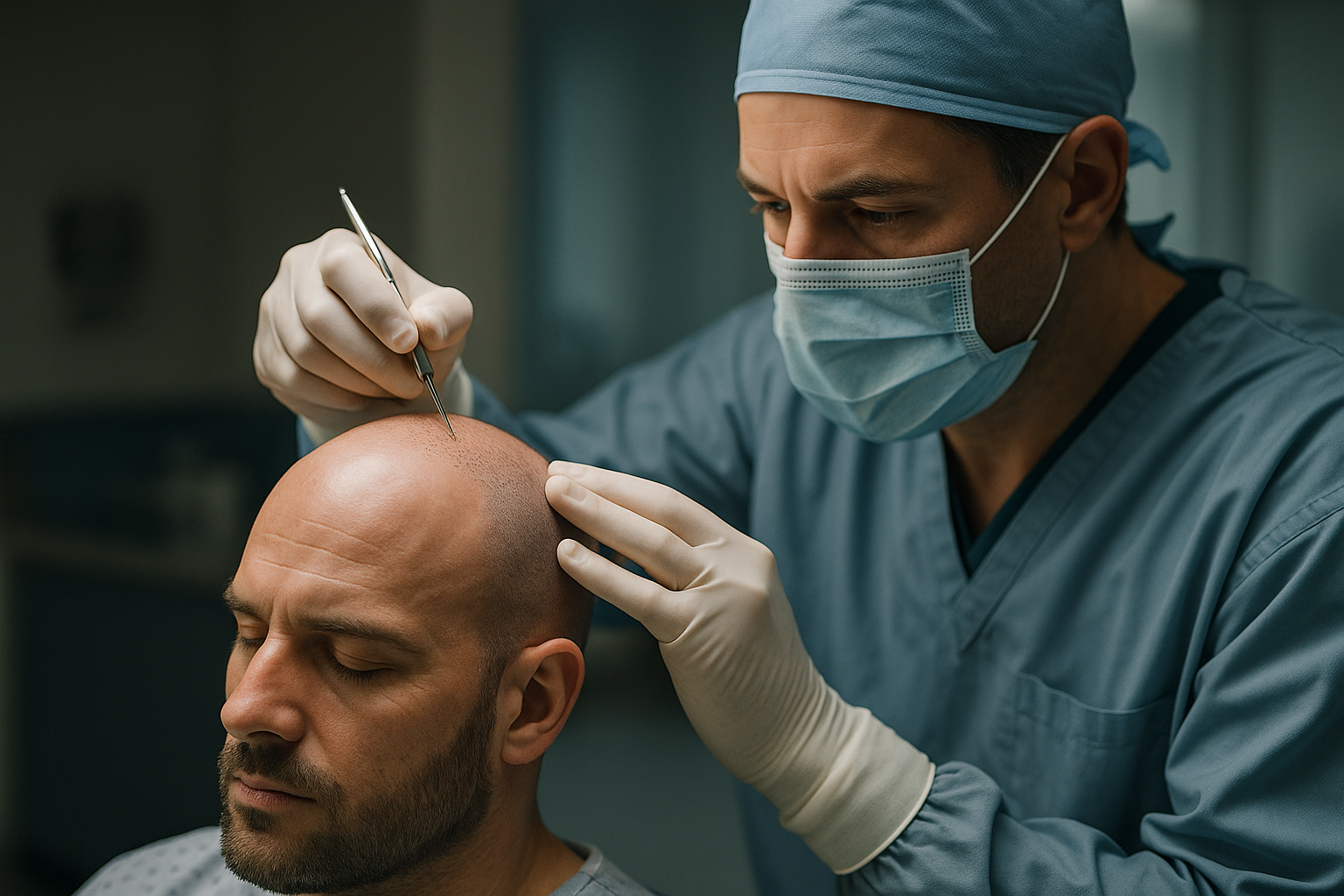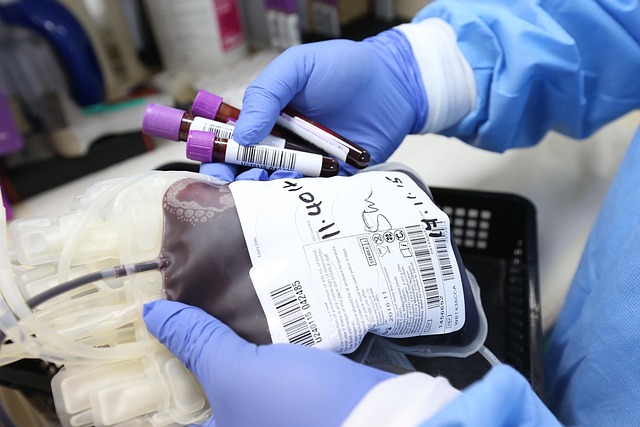Explore Opportunities in Hair Transplant Clinical Trials
Hair transplant clinical trials offer individuals a chance to take part in research focused on improving hair restoration techniques. These trials follow medical guidelines and are often designed to evaluate the safety and effectiveness of new methods or treatments under expert supervision.

Why Should You Consider Participating in Hair Transplant Clinical Trials
Participating in hair transplant clinical trials presents several compelling advantages for individuals dealing with hair loss. First, you gain access to innovative treatments that aren’t yet available to the general public. These experimental procedures often represent the latest breakthroughs in hair restoration technology, potentially offering superior results compared to traditional methods.
Clinical trials provide comprehensive medical monitoring throughout the treatment process. Qualified medical professionals oversee every aspect of your care, ensuring your safety while closely tracking your progress. This level of attention often exceeds what you might receive in standard commercial treatments. Additionally, many participants find satisfaction in contributing to scientific research that could help millions of people facing similar hair loss challenges in the future.
What Benefits Do Hair Transplant Clinical Trials Provide
Hair transplant clinical trials deliver numerous benefits beyond the treatment itself. Most trials provide all medical care, procedures, and follow-up appointments at no cost to participants. This can represent significant savings, as traditional hair transplant procedures typically cost thousands of dollars.
Participants receive detailed medical evaluations and ongoing monitoring that extends well beyond the treatment period. This comprehensive care often includes advanced diagnostic testing, personalized treatment plans, and long-term follow-up assessments. The research environment also means you’ll work with specialists who are experts in the latest hair restoration techniques and technologies.
Another significant benefit is early access to breakthrough treatments. Clinical trials often test procedures that won’t be commercially available for several years. This early access could provide you with more effective results than currently available options.
How Can You Register for a Hair Transplant Clinical Trial
Registering for a hair transplant clinical trial involves several straightforward steps. Begin by searching ClinicalTrials.gov, the official database of clinical studies conducted in the United States. Use search terms like “hair transplant,” “hair restoration,” or “androgenetic alopecia” to find relevant studies in your area.
Contact the research coordinators listed for trials that interest you. They’ll provide detailed information about eligibility requirements, which typically include factors like age, extent of hair loss, overall health status, and previous treatments. Most trials require participants to meet specific criteria to ensure the study’s scientific validity.
During the screening process, you’ll undergo medical evaluations to determine if you qualify. This may include blood tests, scalp examinations, and detailed medical history reviews. If accepted, you’ll receive comprehensive information about the study procedures, potential risks, and expected timeline before providing informed consent.
How Do Clinical Trials Compare to Standard Hair Transplant Procedures
Clinical trials differ significantly from standard hair transplant procedures in several key areas. Traditional hair transplants use established techniques like Follicular Unit Extraction (FUE) or Follicular Unit Transplantation (FUT), which have proven track records but limited innovation. Clinical trials, however, may test experimental approaches such as stem cell therapy, tissue engineering, or advanced robotic techniques.
The cost structure represents another major difference. Standard procedures typically cost between $4,000 and $15,000, depending on the extent of treatment and geographic location. Clinical trials usually provide treatment at no cost, though participants must commit to the study’s timeline and follow-up requirements.
Standard procedures offer predictable outcomes based on established success rates, while clinical trials carry some uncertainty since the treatments are experimental. However, this uncertainty is balanced by rigorous safety protocols and the potential for superior results from cutting-edge techniques.
| Treatment Type | Cost Range | Timeline | Success Rate | Innovation Level |
|---|---|---|---|---|
| Standard FUE/FUT | $4,000-$15,000 | 4-8 hours procedure | 85-95% | Established |
| Clinical Trial | No cost | Varies by study | Under evaluation | Cutting-edge |
| Robotic Hair Transplant | $8,000-$20,000 | 6-10 hours | 90-95% | Advanced |
Prices, rates, or cost estimates mentioned in this article are based on the latest available information but may change over time. Independent research is advised before making financial decisions.
The follow-up care also differs between approaches. Standard procedures typically include limited follow-up visits, while clinical trials provide extensive monitoring that may continue for months or years. This extended observation helps researchers understand long-term outcomes while ensuring participant safety.
Clinical trials operate under strict ethical guidelines and regulatory oversight that may not apply to all commercial providers. This additional scrutiny helps ensure participant safety and treatment quality. However, participants must understand that experimental treatments may not work as expected, and some procedures might not receive regulatory approval for general use.
When considering your options, evaluate your tolerance for uncertainty, financial situation, and desire to contribute to medical research. Clinical trials offer unique opportunities but require careful consideration of the commitment involved. Consult with hair restoration specialists and research coordinators to determine the best approach for your specific situation and goals.
This article is for informational purposes only and should not be considered medical advice. Please consult a qualified healthcare professional for personalized guidance and treatment.




